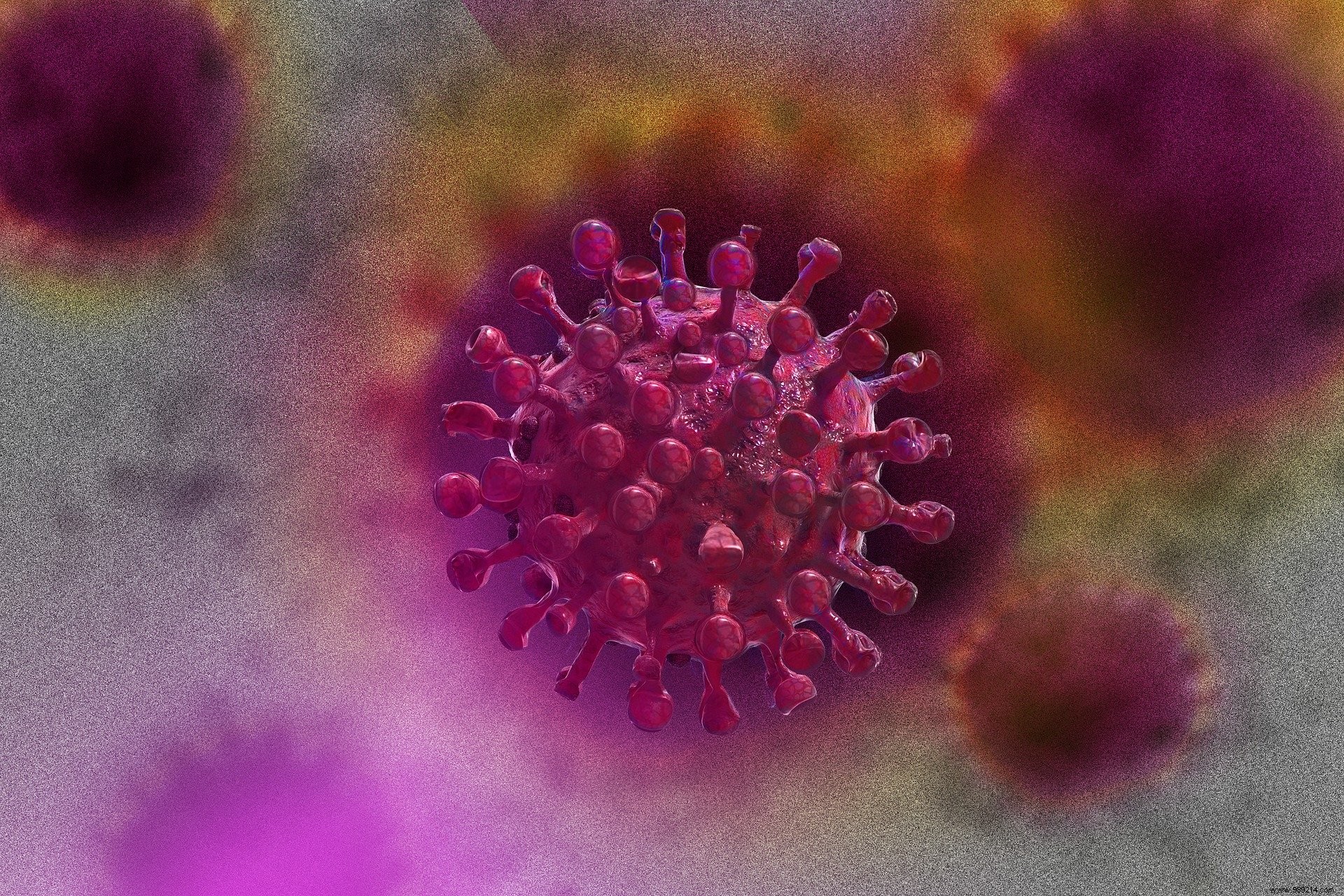At the end of March 2020, 661 people linked to a high school in Crépy-en-Valois (Oise) were the subject of an epidemiological and serological study carried out by the researchers from the Institut Pasteur as part of the fight against Covid-19. What lessons can we learn?
The results of the very first sero-epidemiological study in France have just been published. Directed by the Institut Pasteur, with the support of the ARS des Hauts-de-France and the Académie d'Amiens, and with the support of the Etablissement Français du Sang, it was carried out in the department of Oise, heavily affected by COVID-19 in early 2020. The goal:to establish precisely the proportion of people affected by Covid-19.
As part of this work, carried out between March 30 and April 4, 661 people linked to a high school in Crépy-en-Valois (students, their parents and siblings, as well as teachers and non-teachers), completed a questionnaire covering a history of fever and / or respiratory symptoms since January 13 2020. Blood tests were also done to detect the presence of antibodies.
The results of this study, published this Thursday, reveal to us that 26% of the population studied has been infected with SARS-CoV-2 and has antibodies against this virus . Specifically, among those who had attended high school, the attack rate was 41%, while among those close to high school students, the attack rate was 11%. Only5.3% of these people were hospitalized .
We also learn that the penetration rate of the virus was similar in women and men , and that the school holidays that began on February 14, combined with the containment measures put in place in Crépy-en-Valois from March 1, have considerably slowed the spread of the virus .
"Overall, the results of this study have important implications for public health measures and monitoring the outbreak , commented Arnaud Fontanet, Head of the Epidemiology of Emerging Diseases Unit at the Institut Pasteur. Even so, "attack rates observed among study participants suggest that herd immunity will not be established quickly ". Especially since the virus has not circulated as much in other regions of France.

The researchers also noted that the penetration rate of the virus varied between smokers and non-smokers, as other studies also suggest. About 28% of non-smokers in the cohort were infected, compared to only 7.2% of smokers.
According to some researchers, the trend may have something to do with nicotine. However, Public Health France recalls that smoking should not be considered as a way to protect yourself against the new coronavirus . This Tuesday, the Director General of Health, Jérôme Salomon, also called on the French not to use a nicotine patch if they are not smokers themselves. "Those who don't smoke should absolutely not use it, because there are many side effects:vomiting, malaise, and addictions “, he pointed out.
In addition, a decree published this Friday in the Official Journal indicates that the sale of "sspecialties containing nicotine and used in the treatment of tobacco dependence is now "limited to the number of boxes needed for a one-month treatment until May 11. The text specifies that "the number of boxes dispensed is recorded in the pharmaceutical file, whether or not the patient has presented a medical prescription ". In addition, the sale of nicotine-based products on the internet is "suspended “.
That being said, understanding how smoking protects against Covid-19 could open the way to avenues for preventive or curative treatment of Covid-19, recalls the Institut Pasteur.
Source